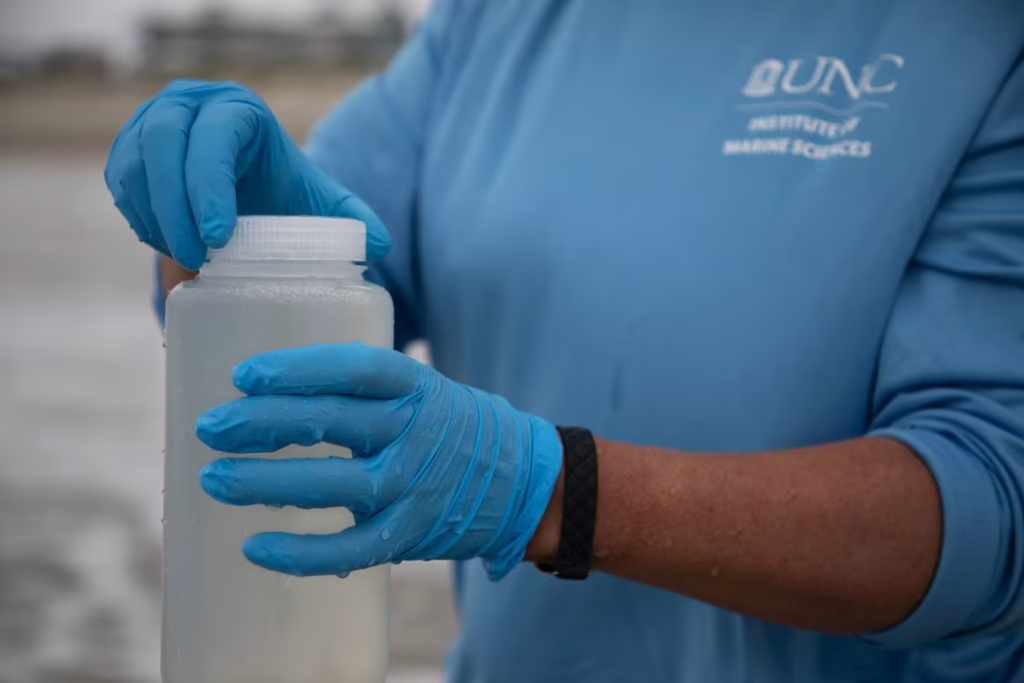Health experts are warning that climate change is creating new risks in coastal waters as cases of flesh eating bacterial infections increase across the United States. The culprit is Vibrio vulnificus, a dangerous marine bacterium that thrives in warm salty waters and can turn a small cut into a life threatening infection within hours.
This summer, the danger became personal for the family of 77 year old Basil Kennedy in Mississippi. After scratching his leg on a boat trailer, Kennedy developed a severe Vibrio infection and despite cleaning the wound, he died soon after. His death has been described as a tragic reminder that simple injuries can become deadly in warming coastal environments. In Florida, officials reported four recent deaths linked to the same bacteria, showing that the risk is no longer rare or isolated.
Scientists say the spread of Vibrio is tied directly to rising ocean temperatures. Once confined mostly to the Gulf Coast, the bacteria is now appearing further north and has been detected in states like Massachusetts. Studies show its range along the U.S. East Coast has expanded steadily over the past three decades and new cases are now even emerging in northern Europe. With oceans warming faster than expected, the risk zones are likely to continue spreading.
The infections are rare but extremely dangerous. Symptoms can begin with fever, chills, and painful blisters that spread rapidly. Without quick medical treatment, Vibrio vulnificus can cause sepsis and organ failure, and nearly one in five cases can be fatal.
Public health officials advise people to take simple precautions. Avoid swimming in coastal waters if you have an open cut or wound, wear protective gloves when handling raw shellfish, wash thoroughly after contact with seawater, and always cook seafood completely before eating. Immediate medical attention is critical if infection signs appear after exposure.
The rise of this bacteria highlights how climate change is reshaping human health risks in ways that are often overlooked. Warmer oceans are not only affecting storms, coral reefs, and fish stocks—they are also fueling the spread of deadly pathogens. Experts warn that greater awareness and proactive safety measures are needed as these once rare infections become more common.


